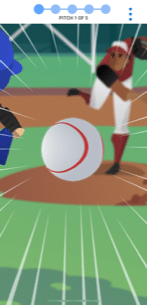EQ Brain Performance App – Brain Assessment in your Pocket
Imagine a medical test that involved fun games and visual prospects that help you detect some of the hardest measurable entities, like your cognitive health. Find out your concussion, anxiety, sleep patterns, and much other brain health analytics using the EQ Brain Performance app – your ultimate cognitive health tracker.
What is EQ Brain Performance App?
EQ Brain Performance App is an app for your phone or tablet that can be used to track your brain health over time. It consists of seven different fun neurological tests designed to measure the performance of your brain on a variety of tasks. It can be used on healthy individuals to establish baseline results, but it really shines when used to manage individuals with neurological problems such as concussion. By having a series of games in your pocket, it improves concussion management by giving Dr. Royer better idea of your brain health by just using the app. You will want to get better at the games because they are fun.
EQ Brain Performance App Features
- Clinically derived testing system
- Can be used by the users themselves and on other people
- Can be used to test children
- FDA verified
- Engaging, fun games for cognitive ability function
The EQ Brain Performance App was developed through the combined efforts of clinicians from multiple sectors of healthcare – critical care, physical medicine/rehabilitation, neurosurgery, neurology and emergency care. Up until now, there has been a considerable lack of resources to evaluate concussions, anxiety, and other mental health disorders and their corresponding symptoms. Some leading names in traumatic brain injury, concussion, and mental health devised a comprehensive and user-interactive tool to track, assess, and evaluate cognitive functioning of the brain. With the EQ Brain Performance App, this is a dream come true for many clinicians!
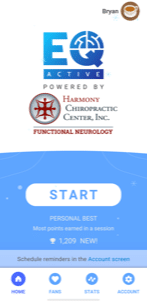
How Does it Work?
It takes about 15 minutes for you to do the initial grouping of highly interactive games. The games track, evaluate, and compare your cognitive functioning and start a benchmark for you to be able to track your progress over time. Using it will give your clinician a direct, quantifiable, and objective idea about your cognitive health that evaluates multiple degrees of your brain health. Using technology, you can improve your care by allowing for your healthcare provider to evaluate and understand your cognitive health through engaging games. The games are used to find if there is a change in your performance that enables data-based decisions and restricts the need to make second thoughts to know if someone is fine or not.
Playing the games can actually help recovery as well since the body can use the physiological process known as neuroplasticity to help health problematic pathways.
Based on the amazing degree of variation through which one can analyze cognitive function, the EQ Brain Performance app makes sure everything is readily observed. Considering this innovative functionality, it has found its application in a varied range of medical and sports uses, where patients suffering from concussions and professionals in different sports can all have their cognitive abilities and brain performance evaluated and tracked.
Why is Tracking Concussions Important?
Recovery from concussions need to be managed in both athletes and in the general population. A concussion or a mild head injury can affect the performance of people in a variety of different ways. For instance, changes in balance can hurt the overall performance of an athlete during a match. Brain fog can affect decision making ability for athletes and workers. Many of the things that characterize a concussion can make decisions regarding return-to-play for an athlete and return-to-work for an injured worker challenging. Timely decisions are not only important for the injured person at an individual level but also for the whole team that works with that person. When the success of the individual and the team is at stake, it becomes critical to analyze the degree of deficit accurately and timely.
Being able to see concrete data regarding the person’s capabilities using the EQ Brain Performance App allows your functional neurologist to manage the symptoms associated with your concussion more appropriately. Lack of sleep, anxiety, headaches, and a change in motor skills are some debilitating factors that can be measured to track the degree of damage. Moreover, self-reported symptoms pertaining to concussions like dizziness, confusion, and acute headaches can be difficult to keep track of and are therefore better assessed through measurable systems that look for immediate cognitive functions of the brain, like balance and visual refinement.
Conditions like Post-Concussion Syndrome (PCS), light and sound sensitivity, and others are also some rare yet considerable factors that can be taken into account while evaluating and managing the condition in the patient. Whereas interpretation of terms like “mild” and “moderate” can be critical to make where the individual is ought to perform demanding tasks, for instance, driving, taking an important exam, and performing a physical activity.
These are all the factors that make a high demand for tracking concussions a necessary thing to do – however, it can deem ineffective to measure the symptoms and thus the condition with arbitrary factors. Using evidence-based, scientific, and thoroughly applicable tools and modules that cater to all aspects of cognitive function is a rightful and multi-dimensional approach that will aid in analyzing different aspects of the condition that we have mentioned.
EQ Brain Performance App Games
Typical symptoms that are reported following concussion include headache, dizziness, visual difficulties, nausea, difficulty concentrating, difficulty with memory, neck pain and feeling like in a fog. These symptoms may be caused by a variety of different sources, thus a multifaceted assessment to evaluate numerous different systems is recommended to discover the root issues behind the abnormality.
Therefore, we have designed games of seven categories, with each assessing and tracking different cognitive functions for a human being.
Certain games like Fastball are aimed at measuring the reaction time of an individual that can get impacted by concussions and other cognitive conditions. Other games like Dance Off tracks binocular vision and visual processing through demanding rapid visual processing and a functioning eye movement control along with sensorimotor control as well as coordination. The EQ Brain Performance App contains seven tests that measure key brain health metrics relevant to concussion. Further descriptions of these games can be found below.
Dance Off
This task requires rapid visual processing and eye movement control, as well as sensorimotor control and coordination. The visual system can be affected by headache, stress, anxiety and lack of sleep and is often affected when someone suffers a concussion.
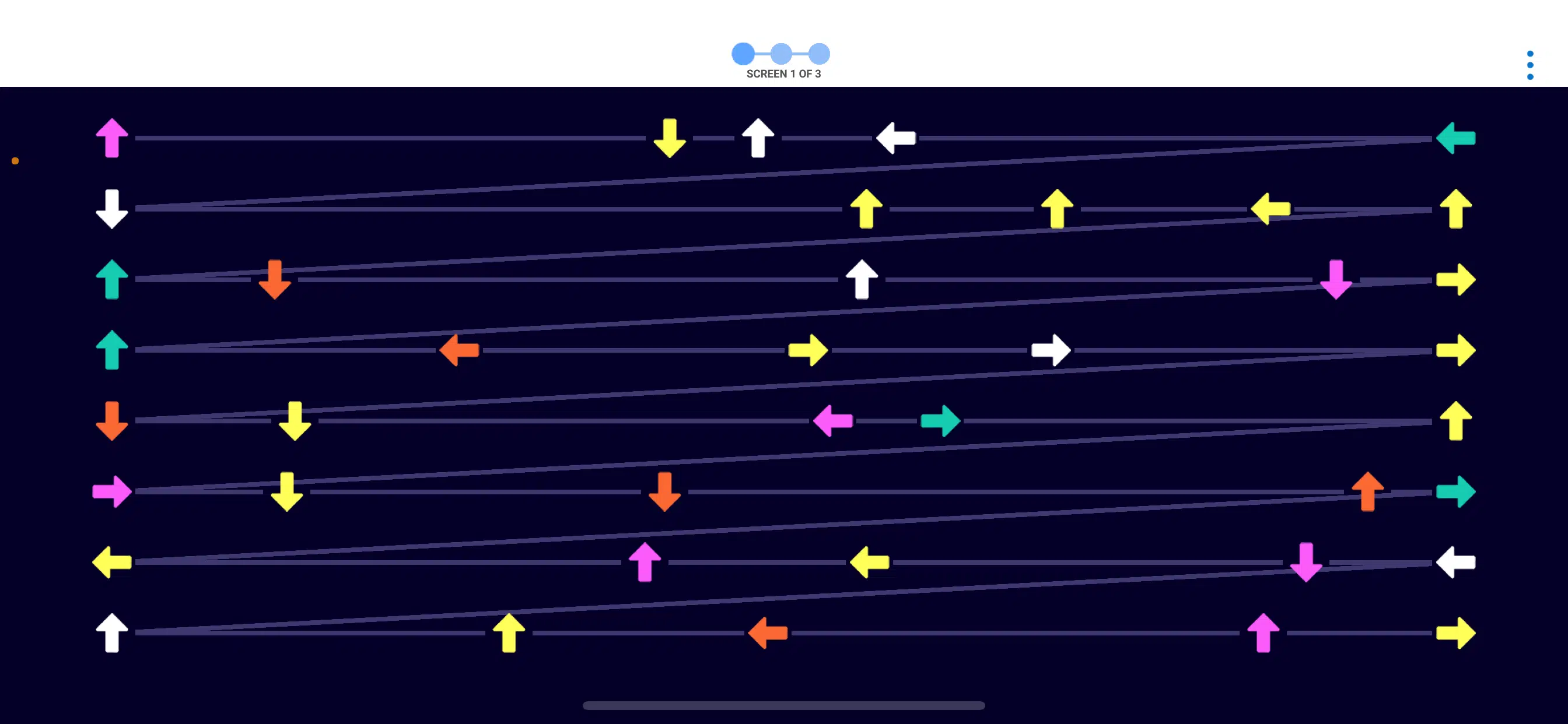
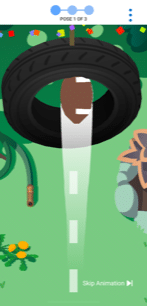
Tire Toss
This test measures vestibular and proprioceptive function (balance and reflexes). These functions are often affected when someone suffers a concussion, and can also be affected by nausea, headache, orthopedic injury, ear infection, medications, dehydration and lack of sleep. Dizziness and postural instability have been reported in 40% to 50% of children after concussion and acute dizziness and imbalance have been correlated with a prolonged concussive recovery in young athletes.
The balance score is measured as the cumulative movement of the player’s center-of-mass during each test, then averaged across the five tests for the final performance score (out of 100).
Pylon Pivot
This test measures multiple processes, often referred to collectively as ‘executive function’, including attention, visual scanning, sequencing and shifting, psychomotor speed, flexibility, planning, and maintaining two trains of thought. These functions are often affected by concussion8,9, and can also be impacted by headache, fatigue, stress, anxiety and lack of sleep. The cognitive function of athletes after concussion is now commonly used to determine suitability to return to play and to inform rehabilitation strategies.
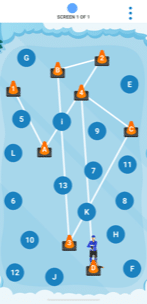

Recipe Recall
This test measures the ability to recognize the difference between previously-seen words vs. novel words, often referred to as ‘immediate memory discriminability’. This function is often affected when someone suffers a concussion, and can also be affected by headache, fatigue, stress, anxiety and lack of sleep.
Recipe Recall with Delay
This test measures delayed memory. These functions are often affected when someone suffers a concussion, and can also be affected by headache, fatigue, stress, anxiety and lack of sleep. A recent study has found that results of this test correlate highly with the Standardized Assessment of Concussion.
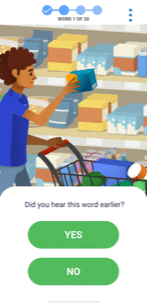
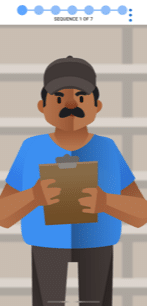
Jersey Reversey
This test measures attention and working memory. These functions are often affected when someone suffers a concussion, and can also be affected by headache, fatigue, stress, anxiety and lack of sleep.
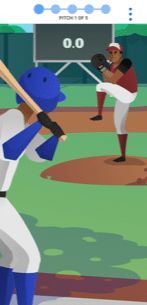
Fastball
This test measures reaction time. These functions are often affected when someone suffers a concussion, and can also be affected by stress, anxiety and lack of sleep. Research has found that 75% of athletes have reduced reaction time within 48h of a concussion.
